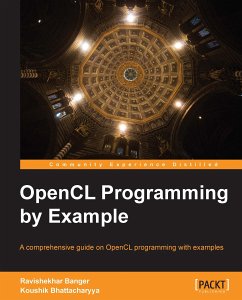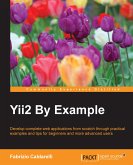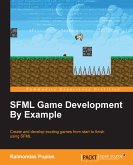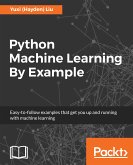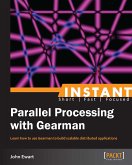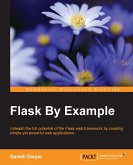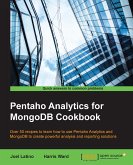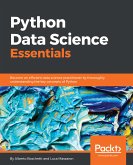Research in parallel programming has been a mainstream topic for a decade, and will continue to be so for many decades to come. Many parallel programming standards and frameworks exist, but only take into account one type of hardware architecture. Today computing platforms come with many heterogeneous devices. OpenCL provides royalty free standard to program heterogeneous hardware.
This guide offers you a compact coverage of all the major topics of OpenCL programming. It explains optimization techniques and strategies in-depth, using illustrative examples and also provides case studies from diverse fields. Beginners and advanced application developers will find this book very useful.
Beginning with the discussion of the OpenCL models, this book explores their architectural view, programming interfaces and primitives. It slowly demystifies the process of identifying the data and task parallelism in diverse algorithms.
It presents examples from different domains to show how the problems within different domains can be solved more efficiently using OpenCL. You will learn about parallel sorting, histogram generation, JPEG compression, linear and parabolic regression and k-nearest neighborhood, a clustering algorithm in pattern recognition. Following on from this, optimization strategies are explained with matrix multiplication examples. You will also learn how to do an interoperation of OpenGL and OpenCL.
"OpenCL Programming by Example" explains OpenCL in the simplest possible language, which beginners will find it easy to understand. Developers and programmers from different domains who want to achieve acceleration for their applications will find this book very useful.
Hinweis: Dieser Artikel kann nur an eine deutsche Lieferadresse ausgeliefert werden.
This guide offers you a compact coverage of all the major topics of OpenCL programming. It explains optimization techniques and strategies in-depth, using illustrative examples and also provides case studies from diverse fields. Beginners and advanced application developers will find this book very useful.
Beginning with the discussion of the OpenCL models, this book explores their architectural view, programming interfaces and primitives. It slowly demystifies the process of identifying the data and task parallelism in diverse algorithms.
It presents examples from different domains to show how the problems within different domains can be solved more efficiently using OpenCL. You will learn about parallel sorting, histogram generation, JPEG compression, linear and parabolic regression and k-nearest neighborhood, a clustering algorithm in pattern recognition. Following on from this, optimization strategies are explained with matrix multiplication examples. You will also learn how to do an interoperation of OpenGL and OpenCL.
"OpenCL Programming by Example" explains OpenCL in the simplest possible language, which beginners will find it easy to understand. Developers and programmers from different domains who want to achieve acceleration for their applications will find this book very useful.
Hinweis: Dieser Artikel kann nur an eine deutsche Lieferadresse ausgeliefert werden.

